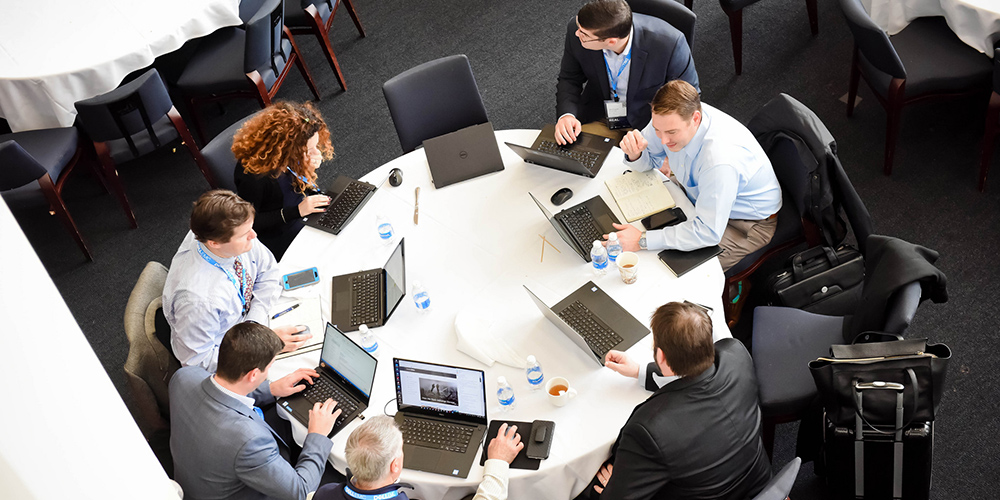It is time to break the misconception that CIOs and CFOs have competing priorities to spend and save money. Every executive is tasked with doing the right thing for the whole company, not just for his or her function. That said, IT has traditionally been accounted for as a General and Administrative cost, so rather than being perceived a strategic partner, IT is deemed a big cost center and a lever to pull to reduce costs.

In today’s hypercompetitive global marketplace, creating and introducing a new product faster and closing a deal and collecting cash faster is not just an advantage, it’s a necessity. IT holds the keys to make this happen, but we can’t do that alone. We need to work closer with our CFO and business partners to reduce, reallocate and reinvest in modernizing and transforming IT for the future.
Recognizing that the relationship between the CIO and CFO is also transforming, Dell and Forbes Insights recently published a study titled, IT TRANSFORMATION: Success Hinges on CIO/CFO Collaboration. After reading the study, Dell’s CFO Tom Sweet and I discussed the findings in this video, but I also wanted to share my perspective as Dell and VMware’s CIO.
First, while nearly all respondents agreed that CIO and CFO collaboration is critical, 89 percent said there are significant barriers including outdated reporting structures, incentives and attitudes. Well, the good news is that both CIOs and CFOs are under immense pressure to do what’s best for the company and to maintain or gain a competitive edge. If we don’t, we will trail our competition or worse be disrupted by an upstart hungry to eat our lunch. How’s that for a unifying incentive? On the plus side, collaborating more effectively with the CFO enables us to better understand the company’s goals and financial pressures to strategically advise and give our business partners the levers needed to make informed decisions that propel us forward. So, it is a win-win.
Second, according to the study, it is becoming even more important for CIOs to have managerial and business skills, with 74 percent of respondents adding that CIOs should have an entrepreneurial mindset. For more than 20 years, I have made it my mission to aggressively and creatively deliver the innovation, performance and scale the business has demanded despite having flat or shrinking budgets. However, our continual focus on keeping the lights on and hitting tighter financial targets distracts us from being entrepreneurial. Not only do we need to find ways to automate and run leaner so we can better focus on innovating IT, but we need to show the CFO our progress doing so. This builds trust and enhances our ability to sell our strategy and justify investments with the CFO and other leaders to truly modernize and transform IT.
And finally, the study shines a light on our need to drive a cultural change between CIOs and CFOs by designating change agents on both sides of the aisle and incentivizing them to collaborate. However, this alignment doesn’t stop at the CFO level. Rather than reacting to requests, IT professionals need to closely partner with all our business leaders to truly understand their digital transformation strategy and share the responsibility for ensuring the success of their business initiatives. By embracing the Dell Digital Way that leverages Pivotal technology and paired programing, an agile methodology, Pivotal Cloud Foundry and Spring-based tools, we are digitally transforming how our team does business. In addition to enabling us to rapidly deliver a much better end product for the business, this also builds confidence with the CFO and our business partners.
The bottom line, we are at a crossroads. We can continue down the traditional, frequently traveled road and risk being disrupted. Or we can transform IT to work closer with our CFO and the business to not only address the financial pressures all companies face, but modernize IT to advance our digital transformation strategy and ultimately help Dell win big. Personally, I refuse to be disrupted, so the road less traveled looks much brighter to me.